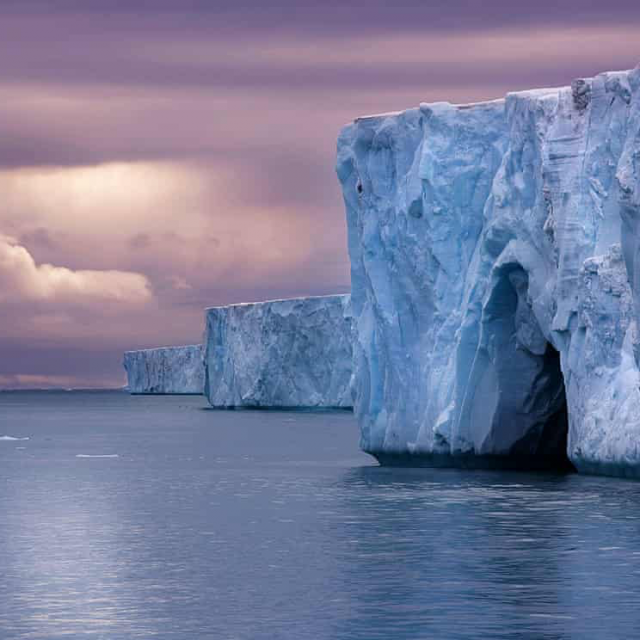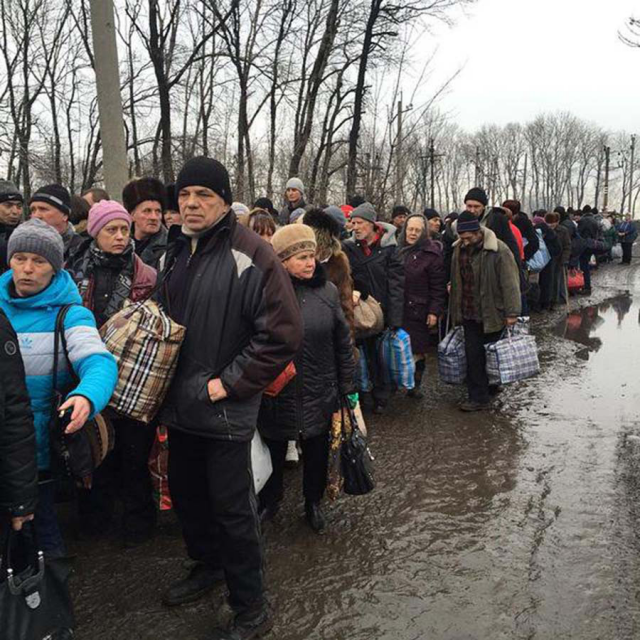Building climate-resilient societies in line with the forthcoming EU adaptation strategy is vital, says Parliament in a resolution voted last week.
The resolution on adaptation to climate change will provide input on a new adaptation strategy, expected from the Commission in 2021 as part of the European Green Deal, and was approved with 550 votes to 80 and 59 abstentions.
In order to minimise the adverse impact of climate change, the resolution calls for a renewed focus on adaptation. The new strategy must include binding and quantifiable goals both at EU and member state level to ensure that EU countries are on track to meet the adaptation goals in the Paris agreement. It must also show EU global leadership in building global climate resilience and promote EU science, services, technologies and practices for adaptation.
As the adverse impacts of climate change will disproportionately affect some regions as well as poor and disadvantaged groups, the resolution stresses that the EU must be ready for climate “refugees”, and that the human rights of populations under threat from the effects of climate change must be protected.
The resolution urges member states to develop prevention and rapid response plans for climate disasters such as heatwaves, floods, and droughts, and include mechanisms for cross-border action and solidarity.
MEPs also call for increased funding at global, EU, national, and regional levels, and for public and private investments in adaptation. The new 30% climate-related spending target for EU funds should contribute to both climate mitigation and adaptation, they say, recalling that the cost of inaction would be far greater.
The resolution also underlines that only climate-proofed infrastructure should receive EU funding. The Commission must also ensure that costs arising from a failure to take adaptation measures are not passed on to citizens and enforce the “polluter pays” principle, making the polluter take responsibility for adaptation, MEPs say.
As climate change is currently the third driver of biodiversity loss worldwide, the resolution calls for greater coherence between adaptation and biodiversity conservation efforts. It also stresses the need to ensure and promote healthy and resilient seas and oceans as they play a vital role in adapting to climate change.
Adaptation means anticipating the adverse effects of climate change and taking appropriate action to prevent or minimise the damage. Well-planned adaptation through early action is proven to save money and lives in the long-term. As the ability to adapt differs across populations, economic sectors and regions, the EU can ensure that disadvantaged regions and those most affected by climate change are capable of taking the necessary measures to adapt. The EU also has a special role to play when the impact of climate change transcends the borders of member states, e.g. rivers.




